Sorry - i've only just stumbled across this and thought it worth sharing

December 10th is Human Rights Day
and the human rights of LGBT people are something that none of us can take for granted
Scott Long of Human Rights Watch knows all about this
Take a look at what he’s written
Below are many stories from chat-site users who live in countries where being gay is illegal
But we often receive reports of violence and discrimination in so-called “developed” countries too
What can you do?
Keep aware, stay vigilant and check out LGBT organisations near you to see how you can support their important work
Gay Rights are Human Rights!
LGBT rights: What are you afraid of?
by Scott Long, Human Rights Watch

Where do YOU feel safe?
You’re probably feeling pretty secure right now, typing in emoticons, invulnerable through the glass of the computer screen. So do millions of people around the world who network over the Web. It’s cheap, easy, handy—and, when you want, private.
Back in 2001, that was what a 21-year-old Egyptian I know thought too. He met a man in a chatroom who seemed infinitely attentive and kind. The man wanted to know all about my friend’s life. My friend was just coming out in a small city along the Suez Canal; he was desperate for companionship and understanding. He told his new pal everything, including the one and only sexual experience with a man he’d ever had in his short years. A few weeks later, he took a bus to Cairo to meet his new cyber-confidant, who he hoped might be the love of his life. At the rendezvous, policemen showed up instead.
They seized my friend, tortured him, produced his printed-out “confession” to that one sex act as evidence at his trial—and got him sentenced to three years in prison. The loving, curious figure he chatted with was working for the cops. The authorities feared the Internet as a threat, a new way of spreading “perversion” across the nation’s porous borders. They were dead set on punishing and rooting out those who took part.
These days, many of us feel safe in our homes or with our families. Prejudice is receding. Parents are learning to understand and accept their LGBT children. Mothers and fathers of lesbians and gays have even marched and testified on behalf of their right to marry, from South Africa to Massachusetts.
Yet a young man from Iraq told me how, when his uncles in Baghdad found out he was gay, they gathered the family together to decide how to “cleanse” the stain from the tribal honor—by killing him. They planned to take him to an ancestral village in the north, and begin the work of slaughtering him there. Warned, he fled to a nearby country, escaping only in the nick of time. But his uncles learned where he was and pursued him there. One day he saw them talking to the receptionist at his workplace, asking directions, so they could get on with the postponed murder. He only barely got away with his life.

"Death to the people of Lot" (Image Source: Human Rights Watch)
Our neighborhoods for many of us are like an extended family. The bars and cafes, shops and often cruisy streets are safe zones where we can lose ourselves in familiarity and friendships. Here, we’ve built communities: people we can turn to and rely on, and places we can enter and feel welcome. These visible urban villages, these pockets of intimacy in alienating cities, show how LGBT people’s lives have indelibly marked life in the modern world.
Yet in Italy, a wave of recent violence targeted even the streets where LGBT people feel most carefree. When an attacker saw two men kiss while leaving a club in Rome this August, he knifed one of them and almost killed him. Police only arrested a suspect after days of public protests. Not long after, somebody dropped two homemade bombs in a gay-friendly Roman street; in Florence, two assailants beat up a young gay man coming from a peaceful demonstration opposing homophobia. Meanwhile, Italy’s parliament voted down two bills that would have protected LGBT people against discrimination and abuse. Some deputies said any such safeguards would simply be “special rights.”
Is it a “special right” to have the police protect you? Is it a “special right” not to fear for your lives?
At Human Rights Watch, in our Lesbian, Gay, Bisexual, and Transgender Rights division, we fight against that violence—and the dangerous argument that freedoms are a privilege you have to earn. We are one of the world’s best-known and most respected international rights organizations. We are uniquely suited to defend the idea that “universal” doesn’t carry exceptions, that “equal” never means “special,” that human rights must be everywhere and always and for all. Our reporting ended the mass arrests of gay men in Egypt. We helped dozens of endangered Iraqis flee to safety from a massive murder campaign. We’ve defeated repressive laws and forced hypocrites and killers alike to back down.
Worldwide, more and more people are rising to defend their rights as LGBT people. There’s much to be done. Some 80 countries around the world cling to sodomy laws that criminalize two people who love one another. (Most of these remaining laws are relics of colonialism, although ironically leaders in Jamaica or Zimbabwe defend them as part of true “national culture.”) A few countries punish homosexual conduct with death. From Colombia to Kuwait, police harass transgender people under laws that punish “causing public scandal” or “wearing the clothes of the opposite sex.” Lesbian and bisexual women, in many countries, face discrimination under the law, forced marriages, and horrific violence from parents or spouses.
Yet activists and ordinary people stand up to the repression, with incredible courage.
In South Africa, Eudy Simelane was a popular, 31-year-old soccer player in her township near Johannesburg—and an out lesbian. In April 2008, a gang of men raped her and brutally killed her. They said the reason was she fought back "like a man."
Across South Africa, rape gangs target lesbians, dealing out sexual abuse mean to “cure” them, or murder meant to punish them for being who they are. South Africa has one of the world’s most progressive constitutions, the first ever to protect sexual orientation. But these clauses mean little where intense poverty breeds hatred and violence. South African activists, though, refuse to fall silent. At Eudy’s accused killers’ trial, hundreds of lesbians marched to remember her life, protest the violence, and demand justice. A Human Rights Watch researcher was there, and saw their passionate call for equality. Their voices sent a message across the country: lesbian women will no longer be afraid.
In Nepal, Sunil Pant started a small group to defend the health and sexual rights of men who have sex with men, and metis, a Nepali term for transgender people. He found that more than HIV and STIs endangered them, though. Police patrolled cruising areas and raided private rooms to torture and brutalize “effeminate” people they despised. Things worsened after a 2006 coup made it open season for men in uniform to terrorize anyone “different.” Despite threats and abuse, Pant and his organization kept fighting. They built alliances with human rights groups and drew international attention to the crisis. They brought a case to the country’s Supreme Court that, in an earthshaking 2007 ruling, mandated full equality for LGBT people across Nepal. And when democracy returned, Sunil Pant was elected to Nepal’s Parliament—the first openly gay lawmaker in South Asia.
In Nigeria in 2006, when the president proposed a draconian anti-homosexuality law that would punish even two men or women holding hands, lesbian and gay activists fought back. They brought feminists, human rights groups, and international allies into a coalition to shame the government for its repressive move. Given only 48 hours’ notice to prepare for a parliamentary hearing—meant to show massive religious support for the bill—they rushed to the capital from all corners of the nation. When officers tried to bar them from entering the Parliament building to speak, they pressed their way through.
These Nigerian activists’ testimony at the hearing proved the nation did not speak with a single voice. They showed lawmakers that the world was watching. And they stopped the bill in its tracks.
Their courage should be a model for us.

You can stand up too. Support Human Rights Watch and its work on LGBT human rights. Learn about what courageous LGBT movements around the world are doing. We no longer need to be frightened of repression and violence. We stand with thousands carrying on the struggle. We can shame and stop the homophobes and torturers, our abusers and accusers.
What are you afraid of?
Scott Long
Program Director - Lesbian, Gay, Bisexual & Transgender Rights
Human Rights Watch

December 10th is Human Rights Day
and the human rights of LGBT people are something that none of us can take for granted
What can you do?
Keep aware, stay vigilant and check out LGBT organisations near you to see how you can support their important work
Gay Rights are Human Rights!
More info at: hxxp://www.hrw.org/en/home


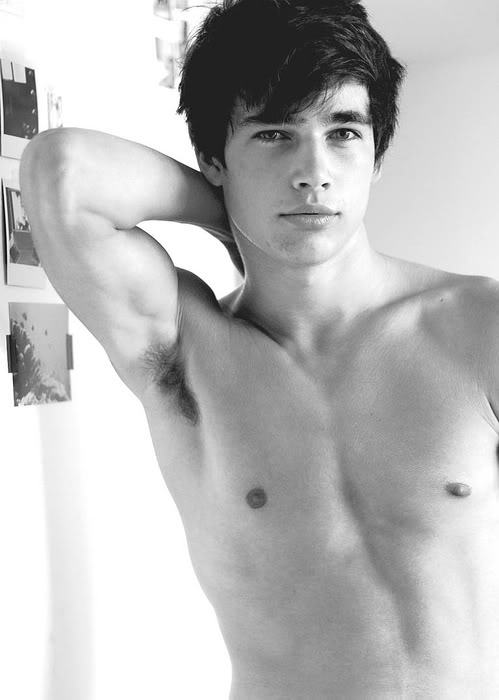

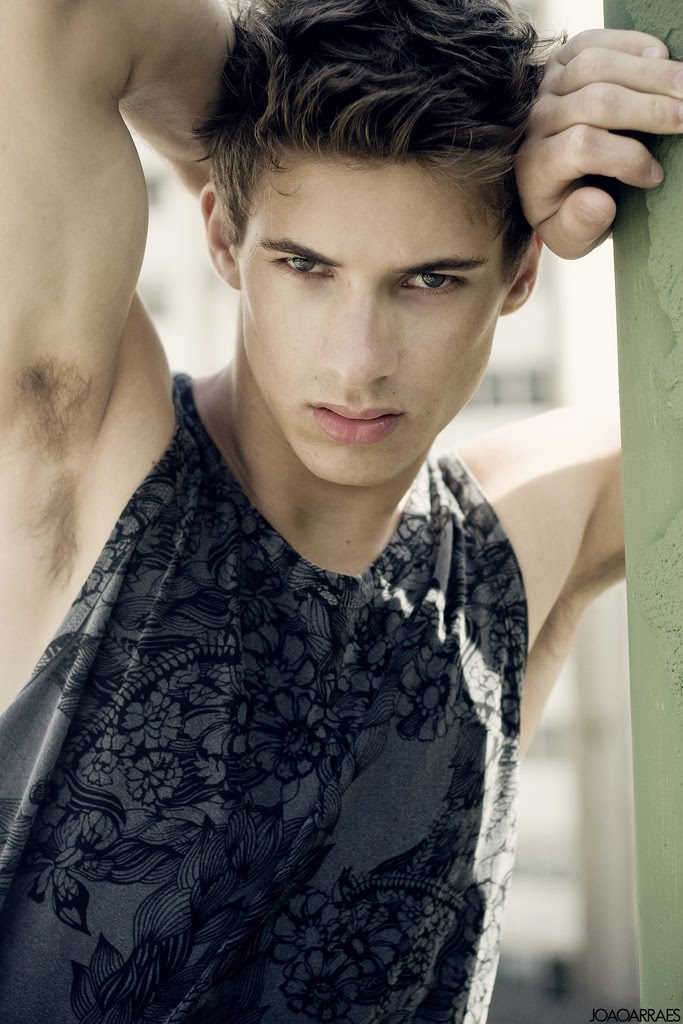

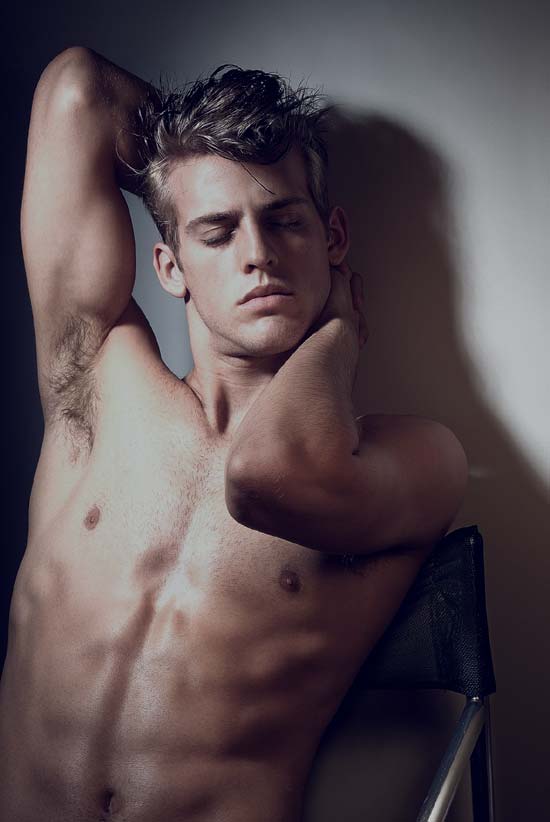
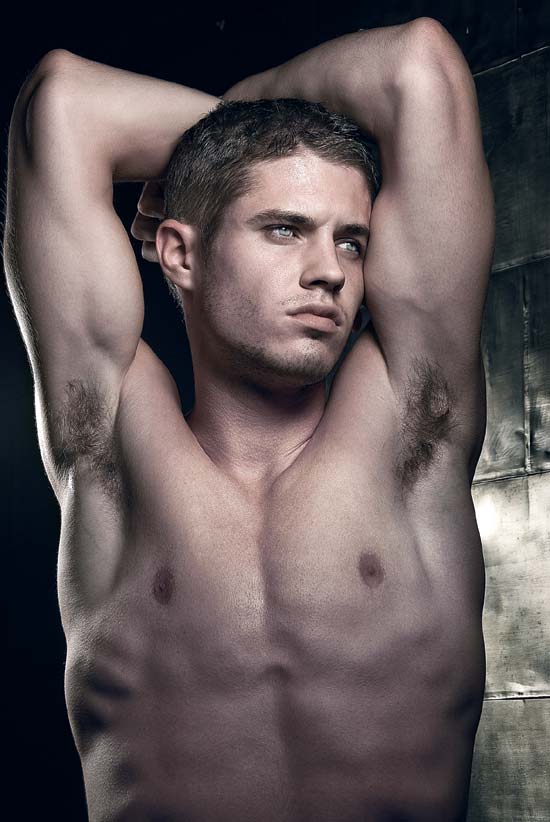
![01 3_bp_blogspot_com_[brent+my+love+3_jpg]_brent+my+love+3.jpg](/uploads/_imported_attachments/migrated/16468_01%203_bp_blogspot_com_%5Bbrent%2Bmy%2Blove%2B3_jpg%5D_brent%2Bmy%2Blove%2B3.jpg)
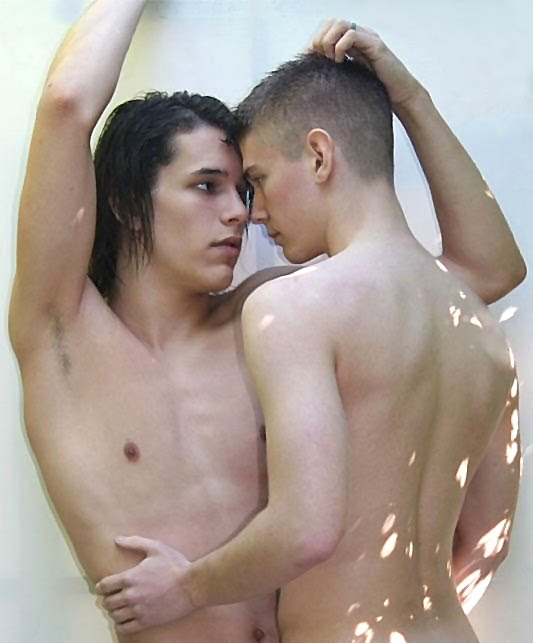
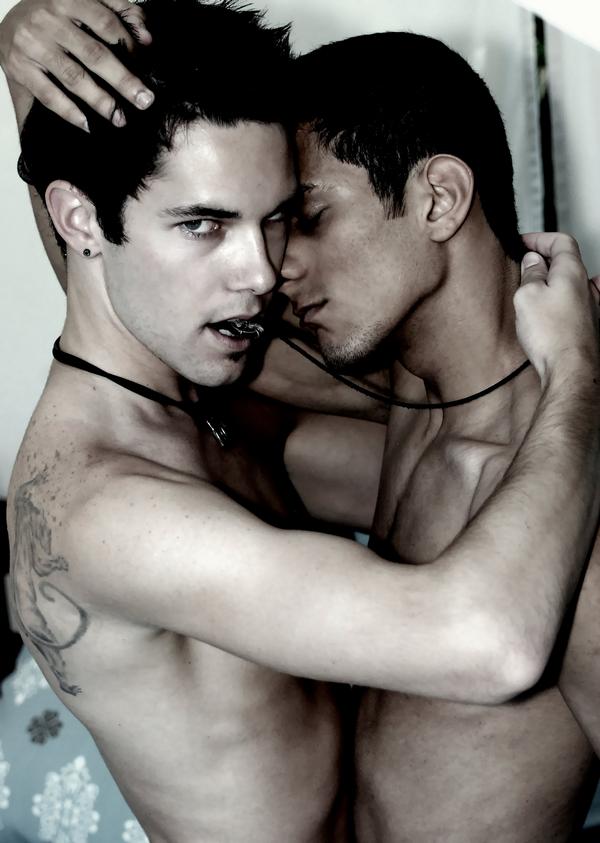
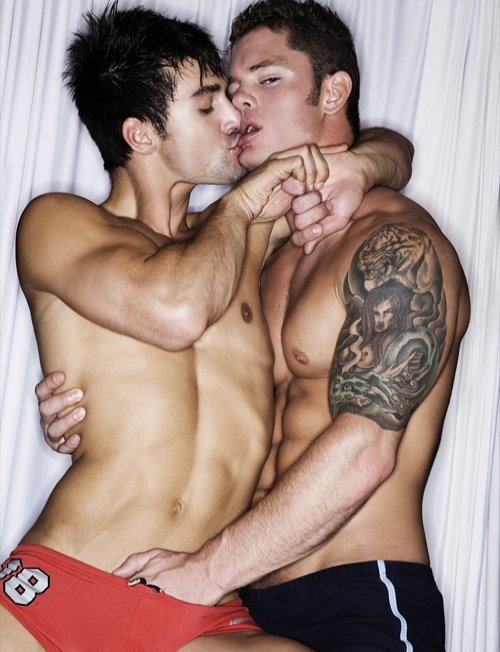
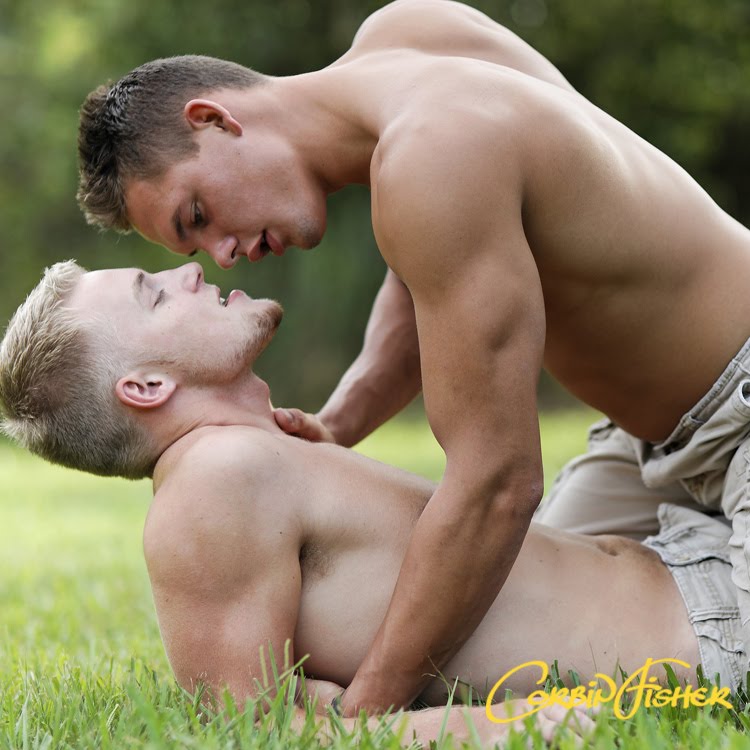
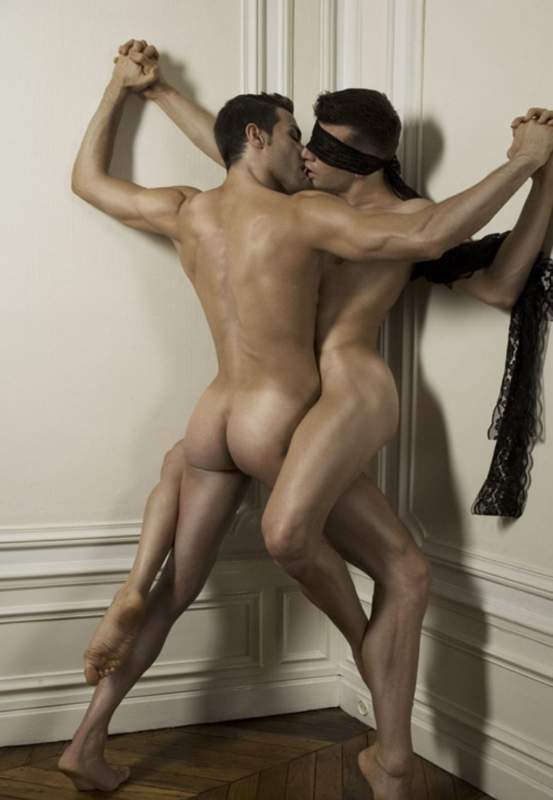
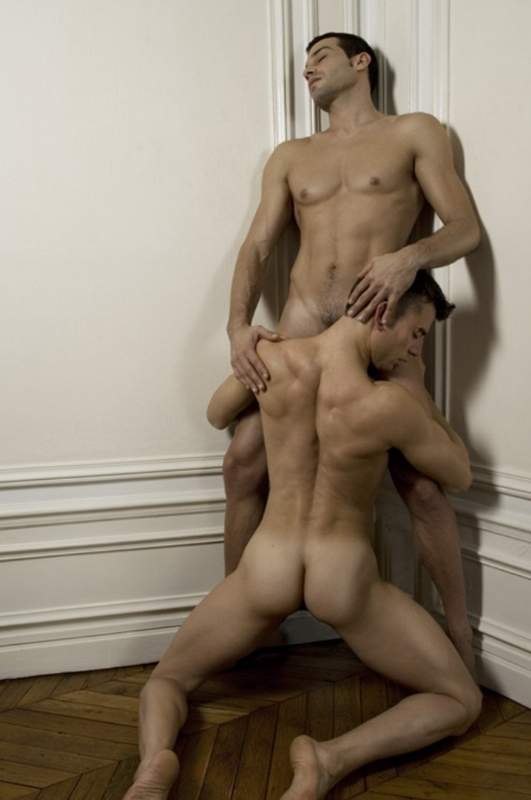
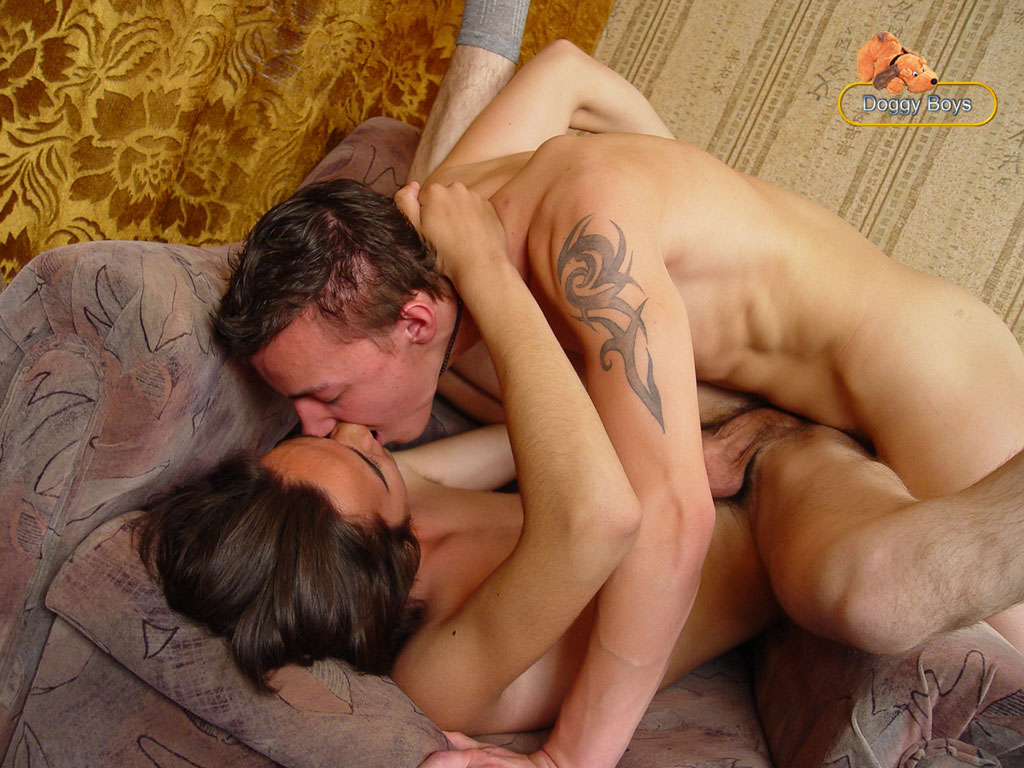
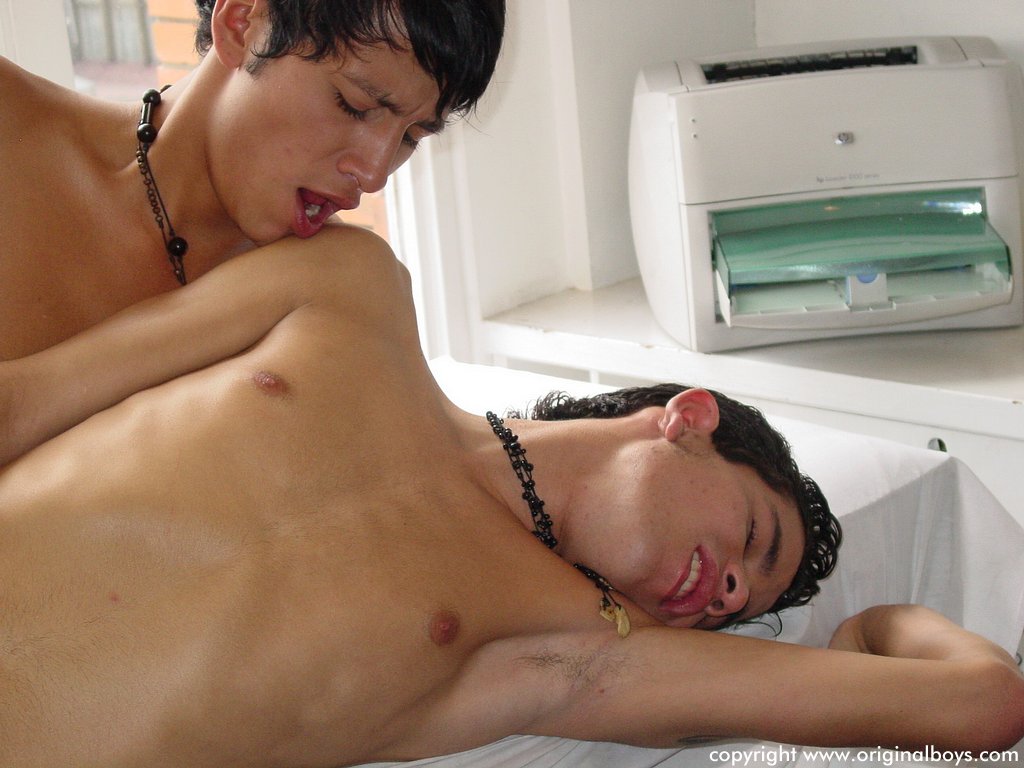
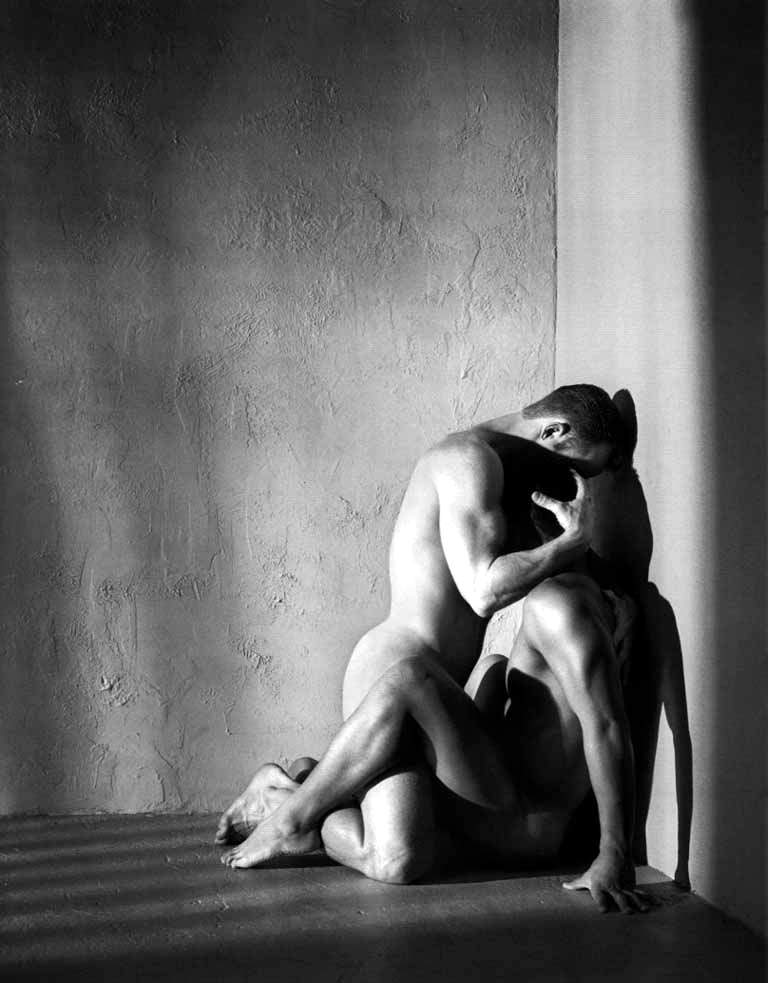
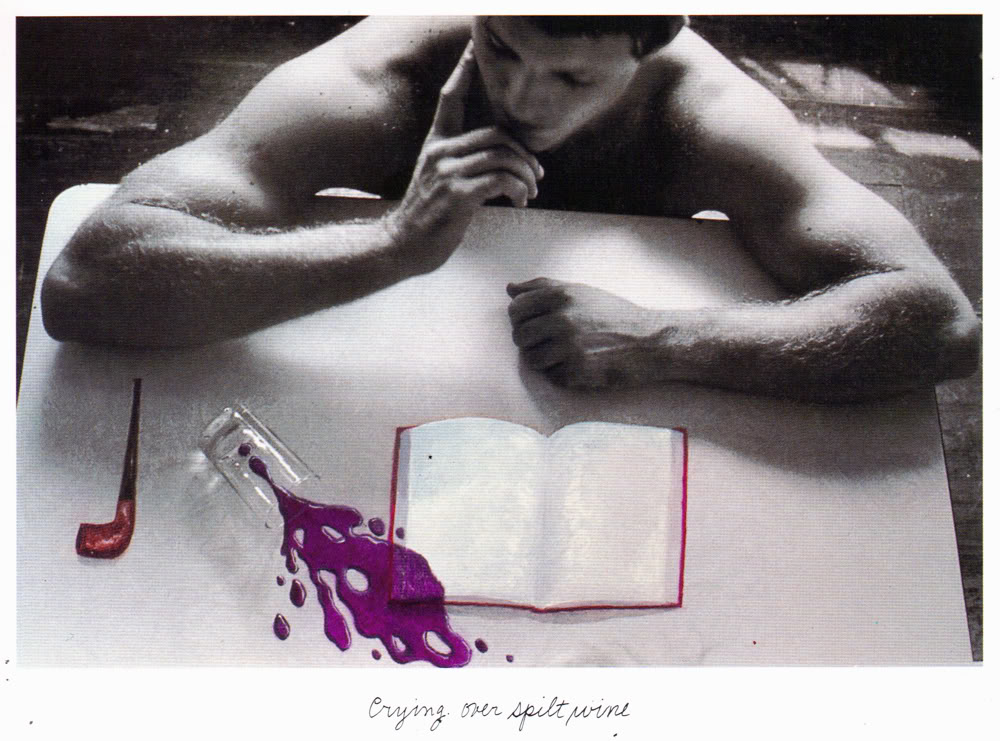
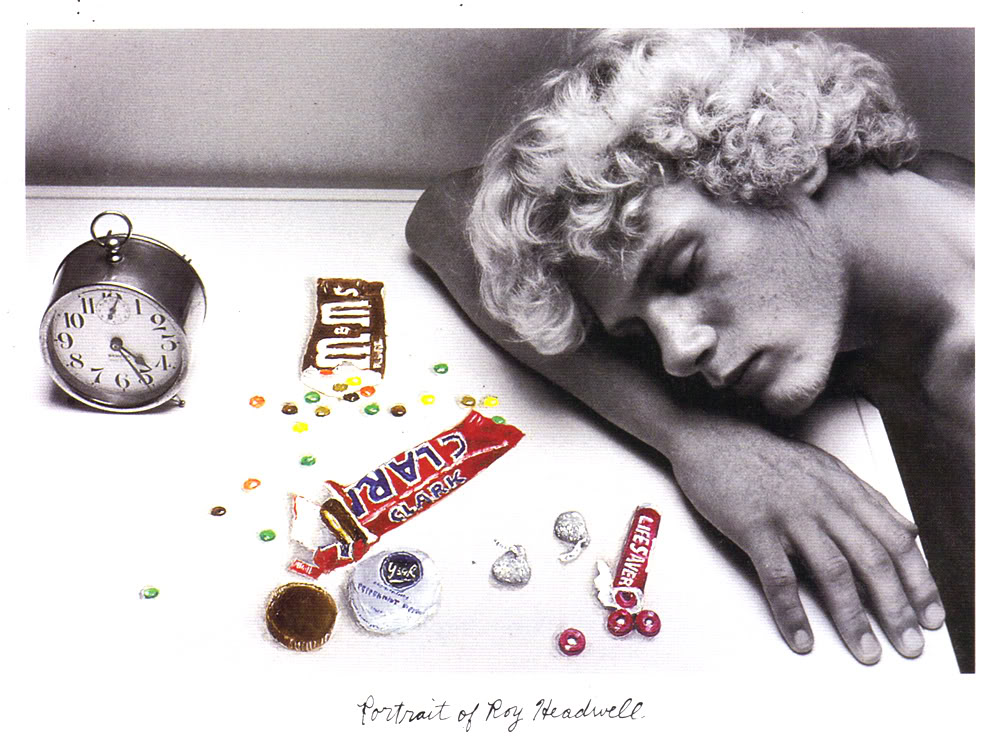
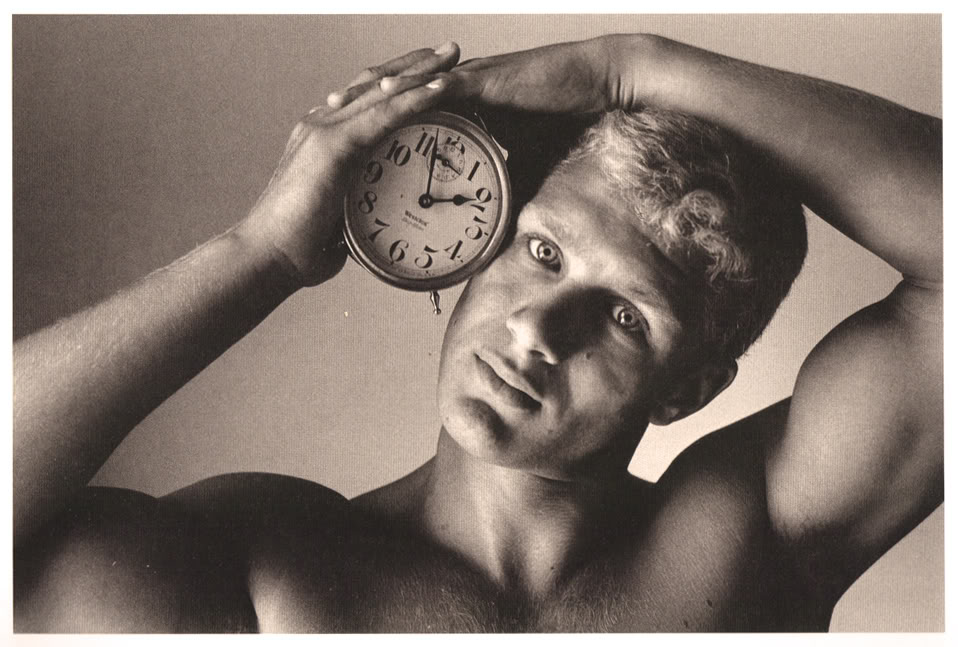
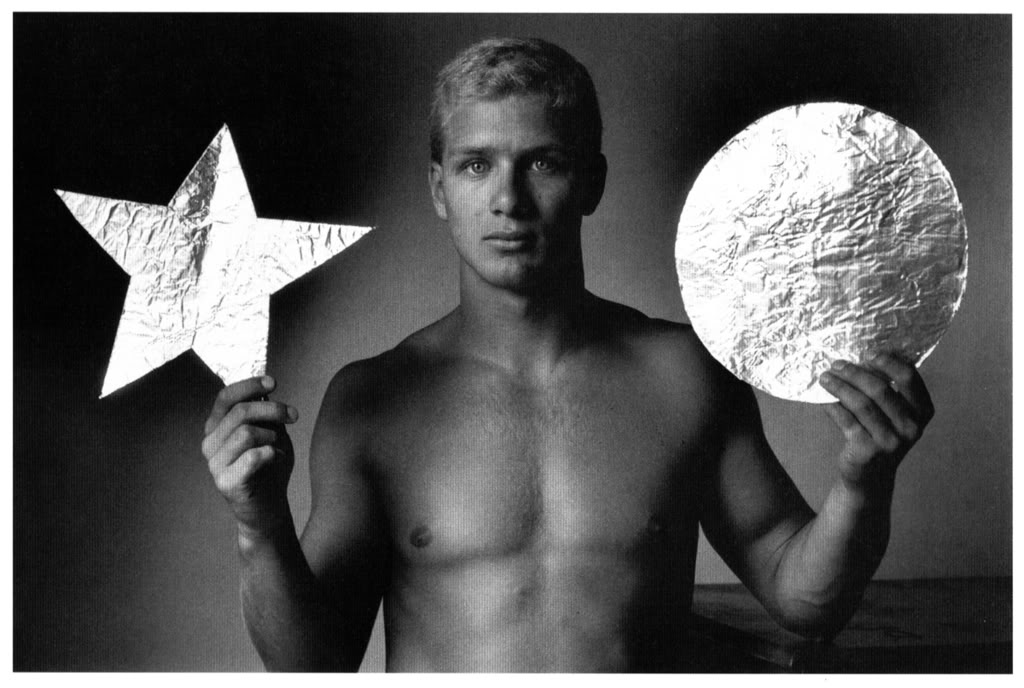
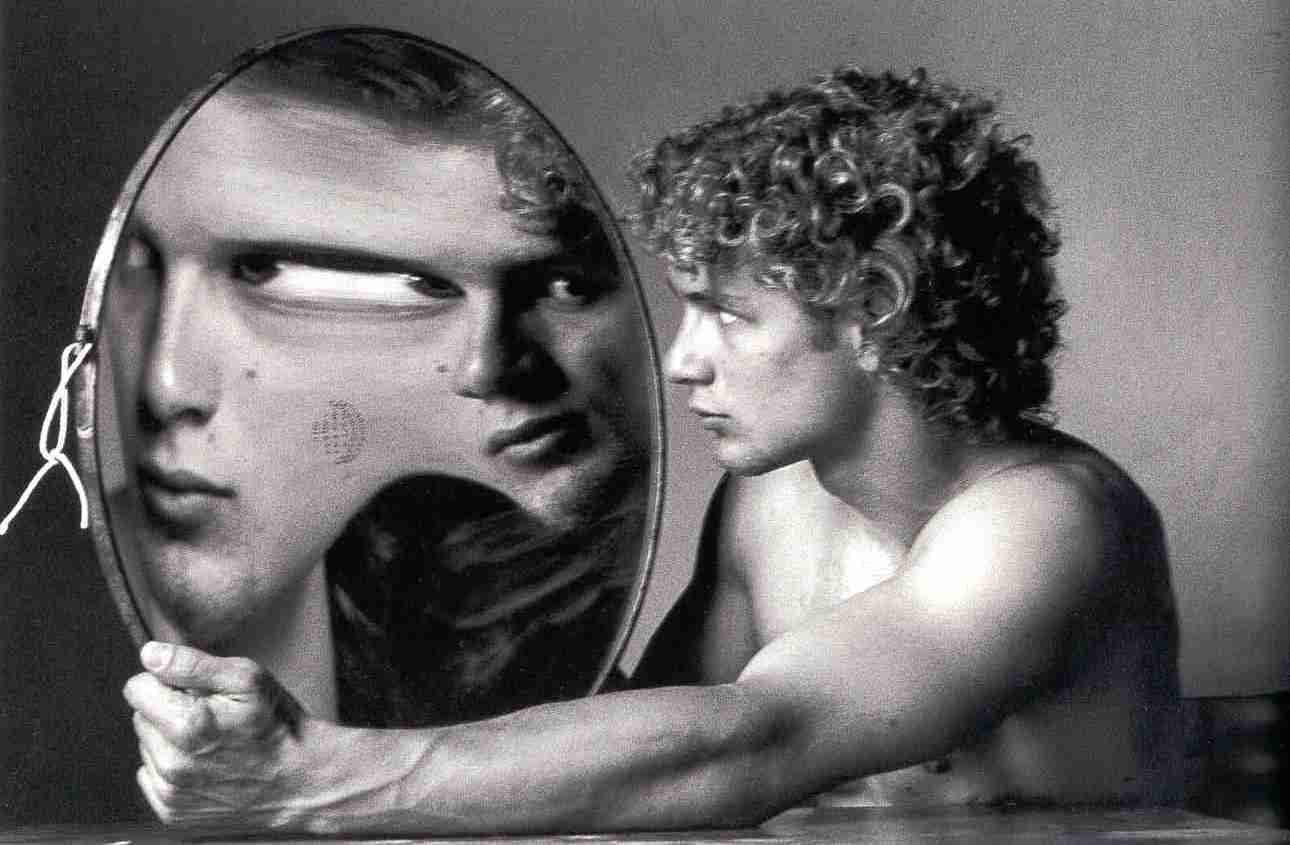
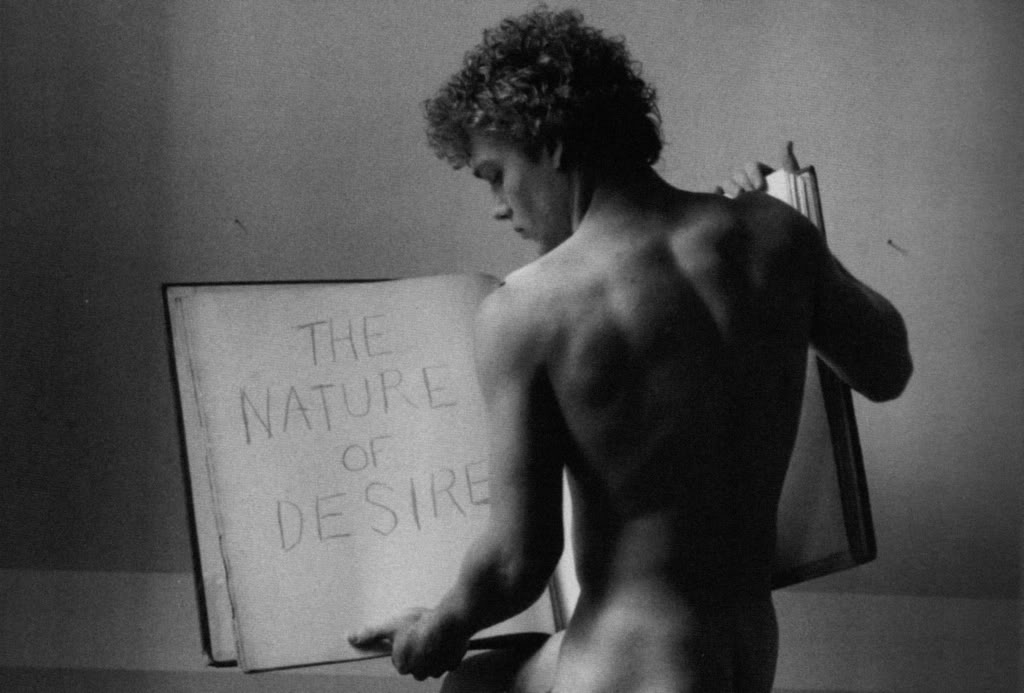

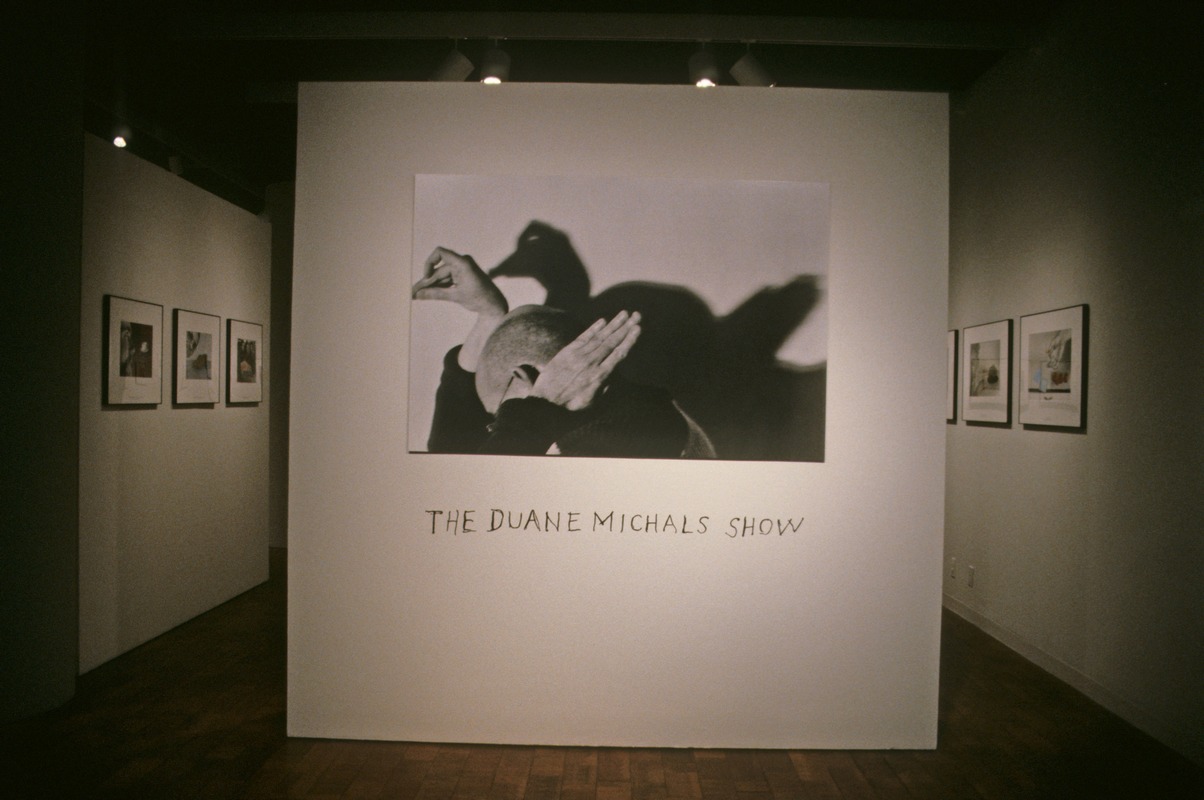
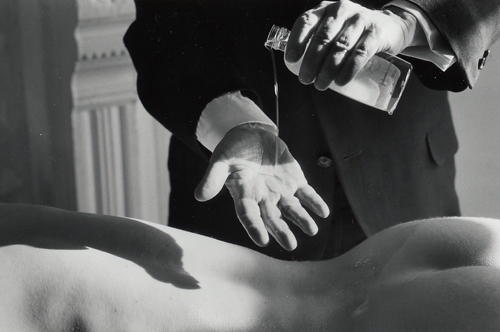
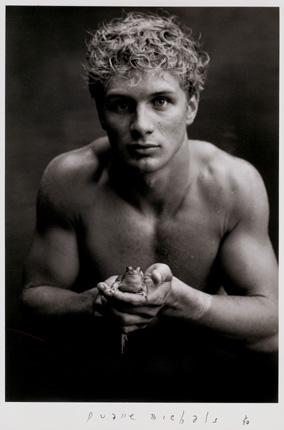
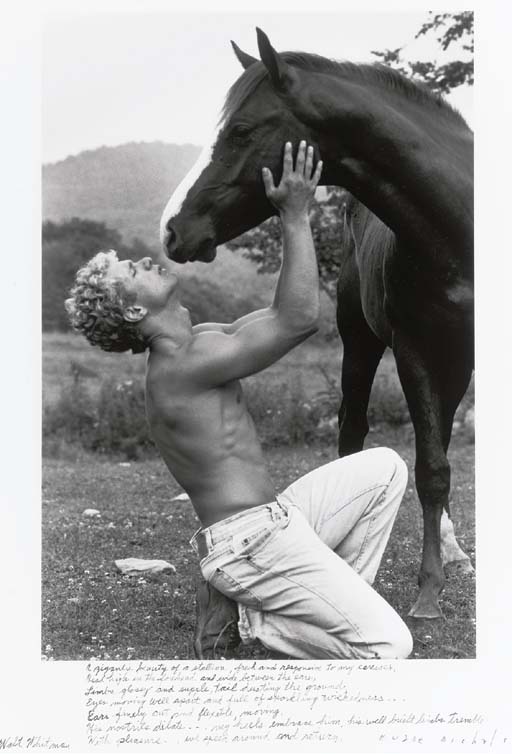
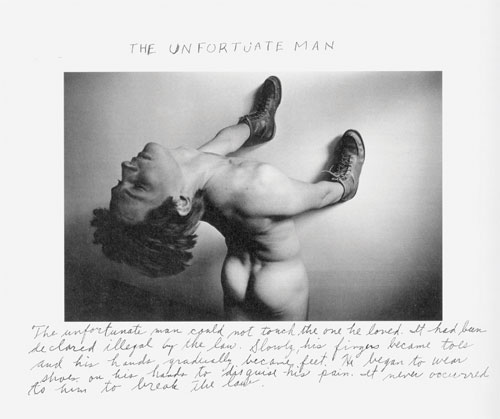

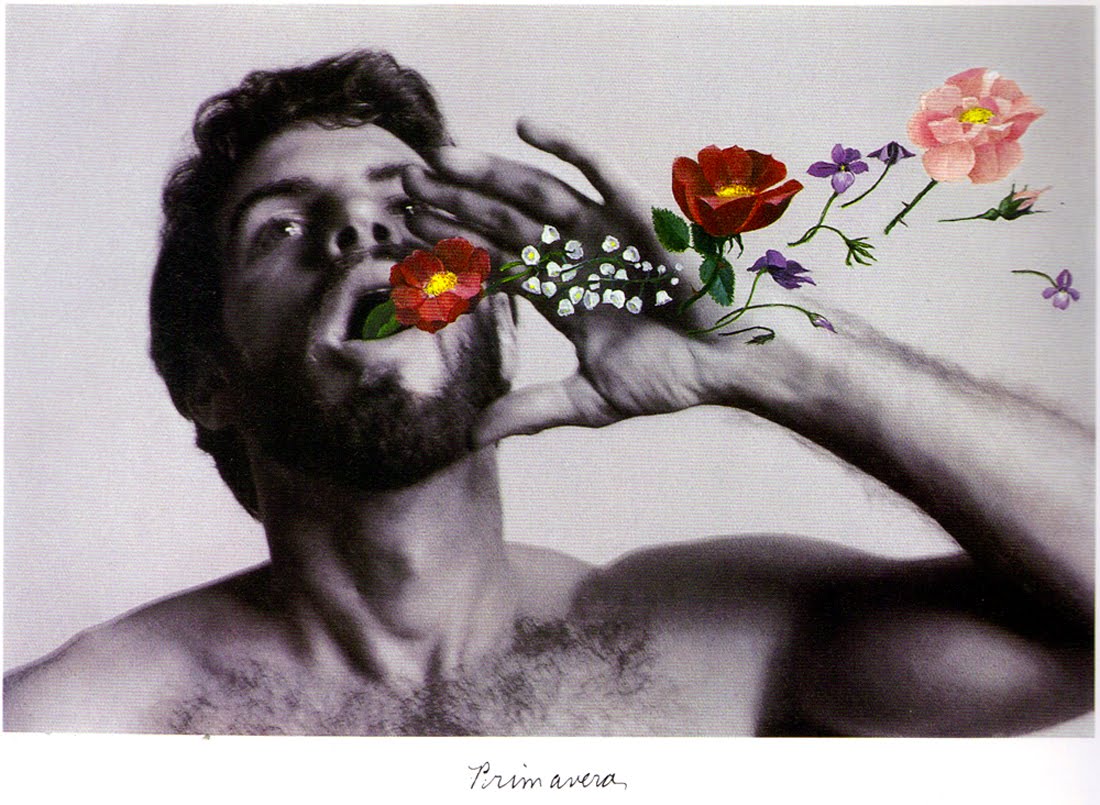
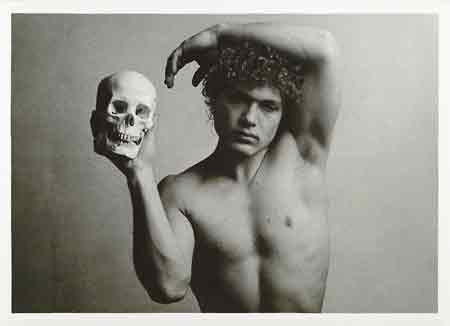
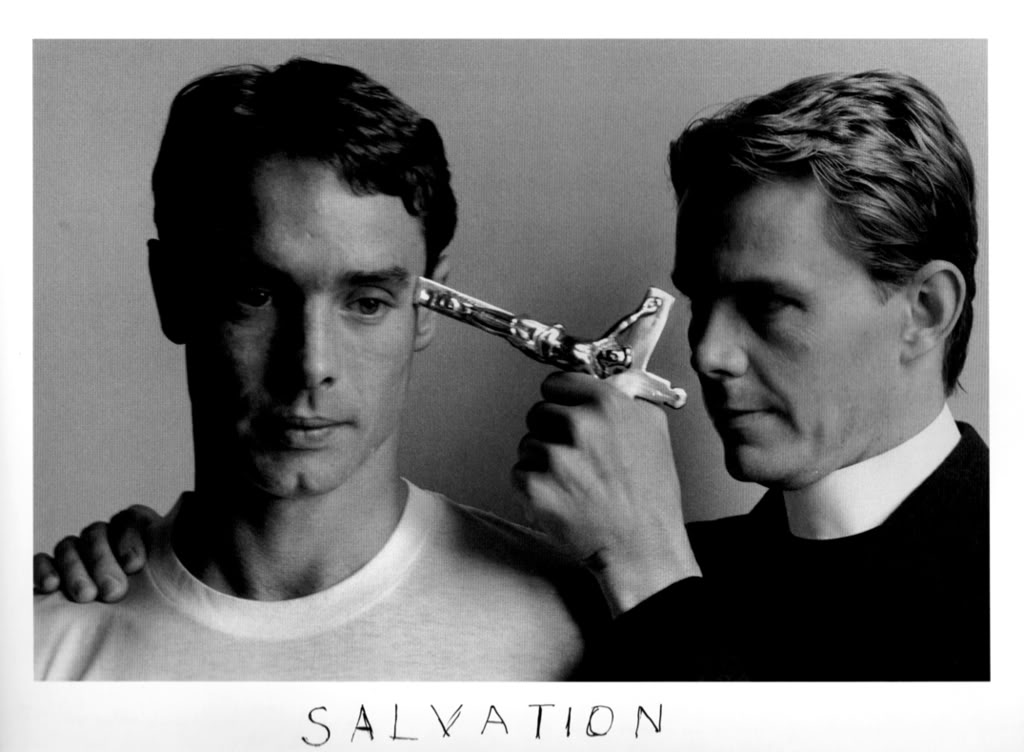
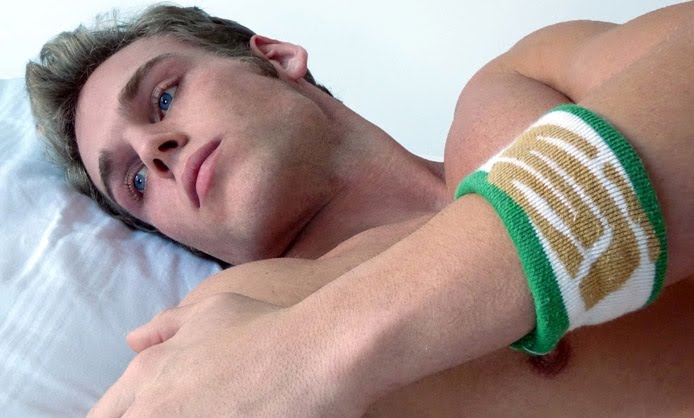
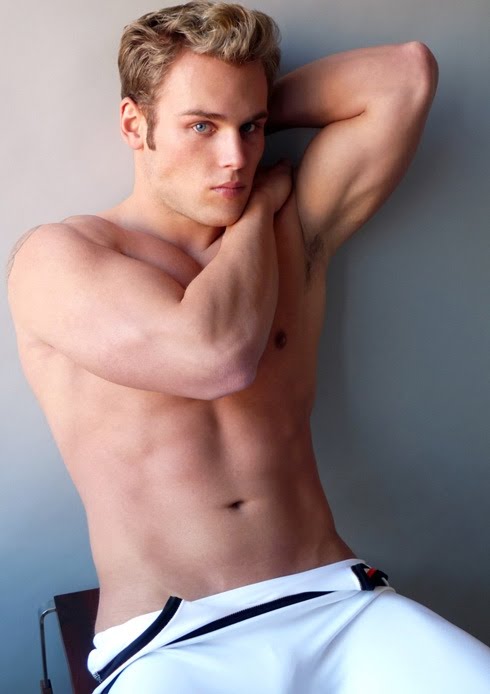
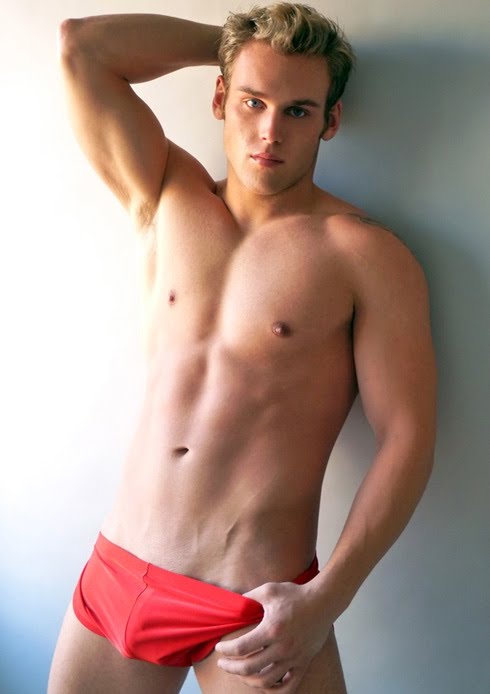
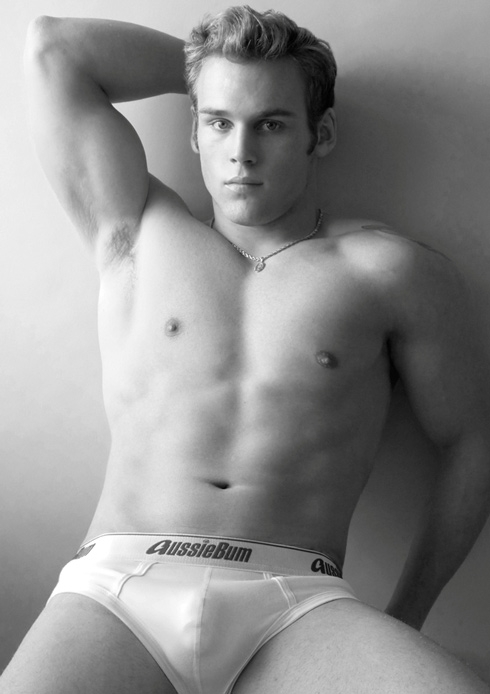

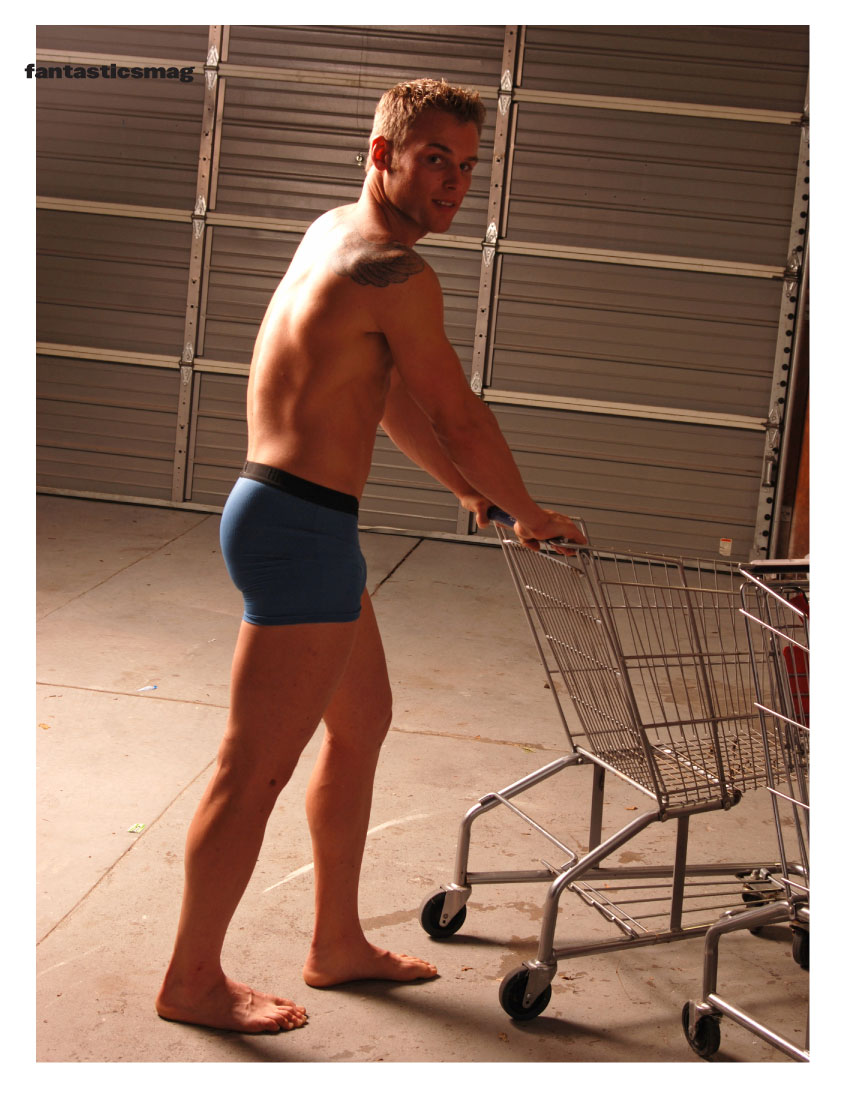

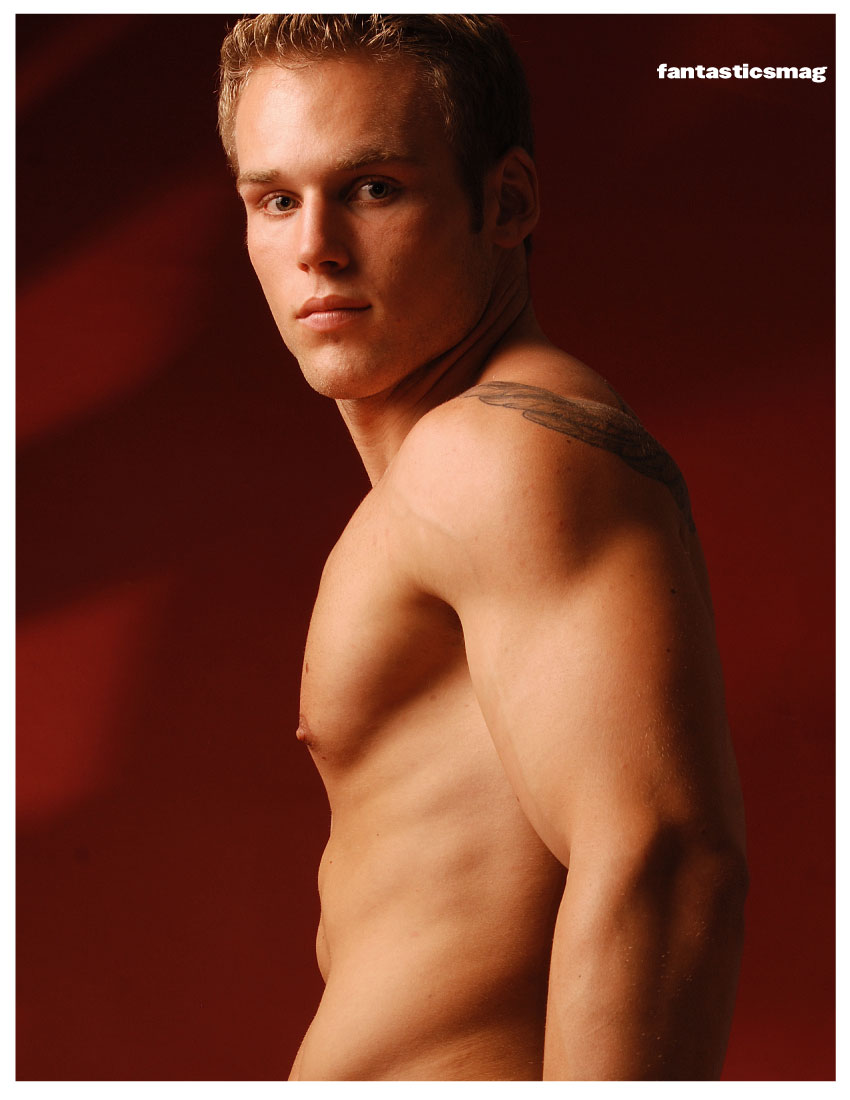
.jpg)
.jpg)
.jpg)
.jpg)
.jpg)
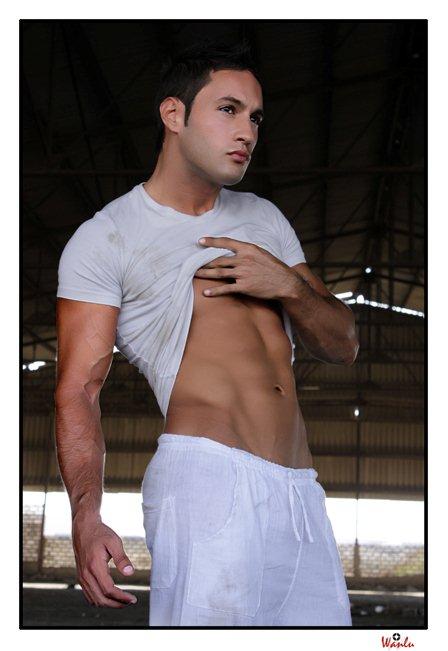
.jpg)
.jpg)
.jpg)
.jpg)
.jpg)